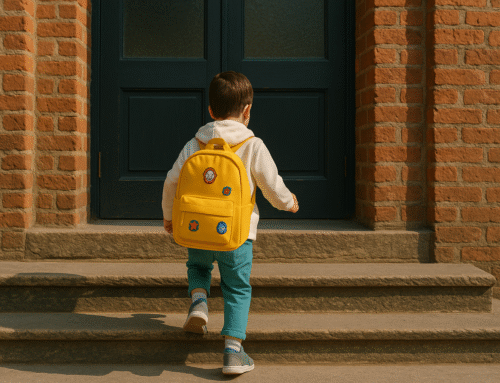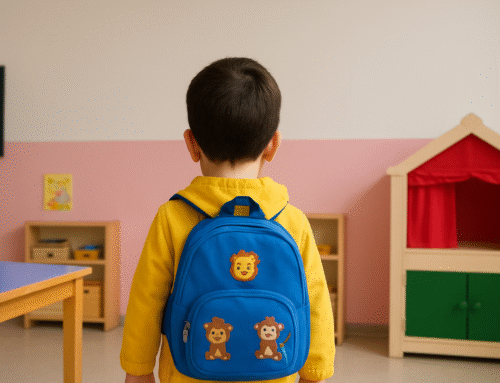Have you ever wondered what you can do at home to help your child make progress toward their Occupational or Physical Therapy goals? Here are some practical strategies to support your child during their therapy journey.
1. Understand Your Child’s Goals
The best first step is to ask questions and gain a clear understanding of the goals your child is working on in therapy.
-
-
Don’t hesitate to connect with your child’s therapist during a session.
-
You can also schedule a parent meeting to review and discuss therapy goals in more detail.
-
2. Ask Your Therapist How to Incorporate Exercises into Daily Activities
-
Making exercises part of your daily routine can increase participation and make therapy feel more natural.
-
Look for ways to turn exercises into functional, everyday tasks.
3. Set Aside Time
Even small time commitments can make a big difference.
-
Choose 1–2 goals to focus on each week.
-
Aim for short, frequent sessions—just 10 minutes a few times a week can be effective.
Flexibility and consistency matter more than perfection.
4. Make it Fun!
Play is a powerful tool—turning therapy into play can boost engagement.
-
Use games, songs, and playful challenges to make exercises enjoyable.
-
Get siblings involved to make it feel like a family activity.
5. Stay Consistent
Consistency is key to progress.
-
Integrate your home program into the daily routine.
-
Use visual charts or trackers to monitor progress and motivate your child.
-
Be patient—growth takes time and every step forward counts.





